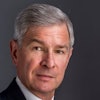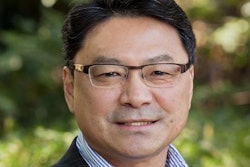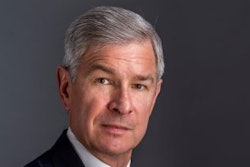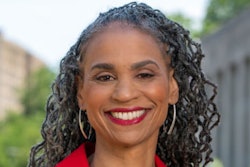FARGO, N.D. ― A former Republican congressman from Minnesota was selected Tuesday to take over as the 12th president of the University of North Dakota, and deal with nearly $10 million in expected budget cuts and a Legislature that has been critical of higher education spending.
The state Board of Higher Education spent more than two hours behind closed doors before voting for Mark Kennedy, currently the director of the Graduate School of Political Management at George Washington University in Washington, D.C. Kennedy was in Congress from 2001 through 2007. He also has been an adviser on trade policy and negotiations to former President George W. Bush and President Barack Obama.
Kennedy, in remarks during public interviews with all three finalists, called the budget woes the top issue and said it has affected morale on the Grand Forks campus.
“There is always this idea of shared sacrifice, but to just spread it across evenly is not the right thing to do. There are priorities that need to be protected,” he said. “It’s never fun, but my idea is always to get past the difficult time as quick as possible and get everybody refocused on what we have (that) is great.”
Kennedy said he enjoys raising money. “And I’m good at it,” he added.
The 58-year-old Kennedy earned his undergraduate degree from St. John’s University in Minnesota in 1978 and his master’s degree in business administration from the University of Michigan in 1983. He does not have a doctorate.
Kennedy was selected over two other finalists, including Minot State University President Steven Shirley, who received his undergraduate, master’s and doctoral degrees from UND. Shirley was hoping to become only the second North Dakota native to become president, joining longtime campus leader Thomas Clifford.




















